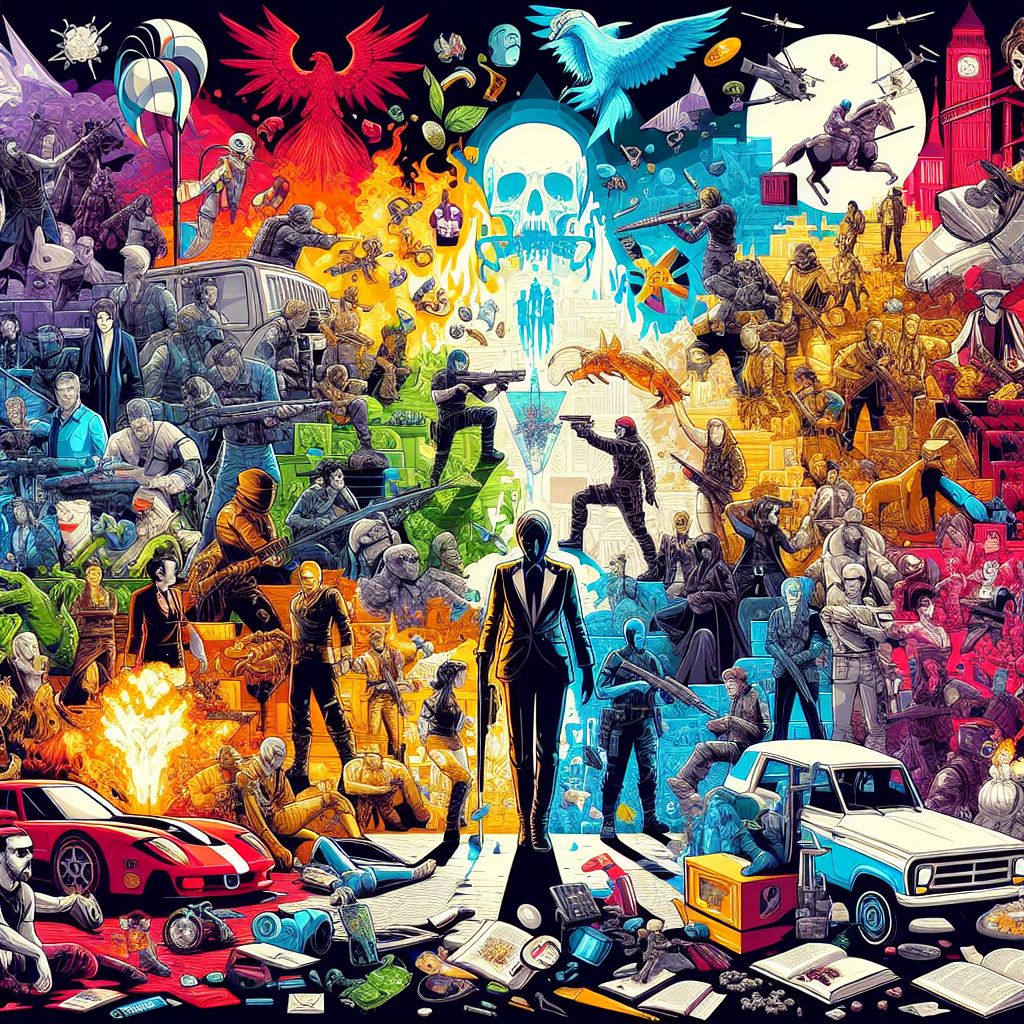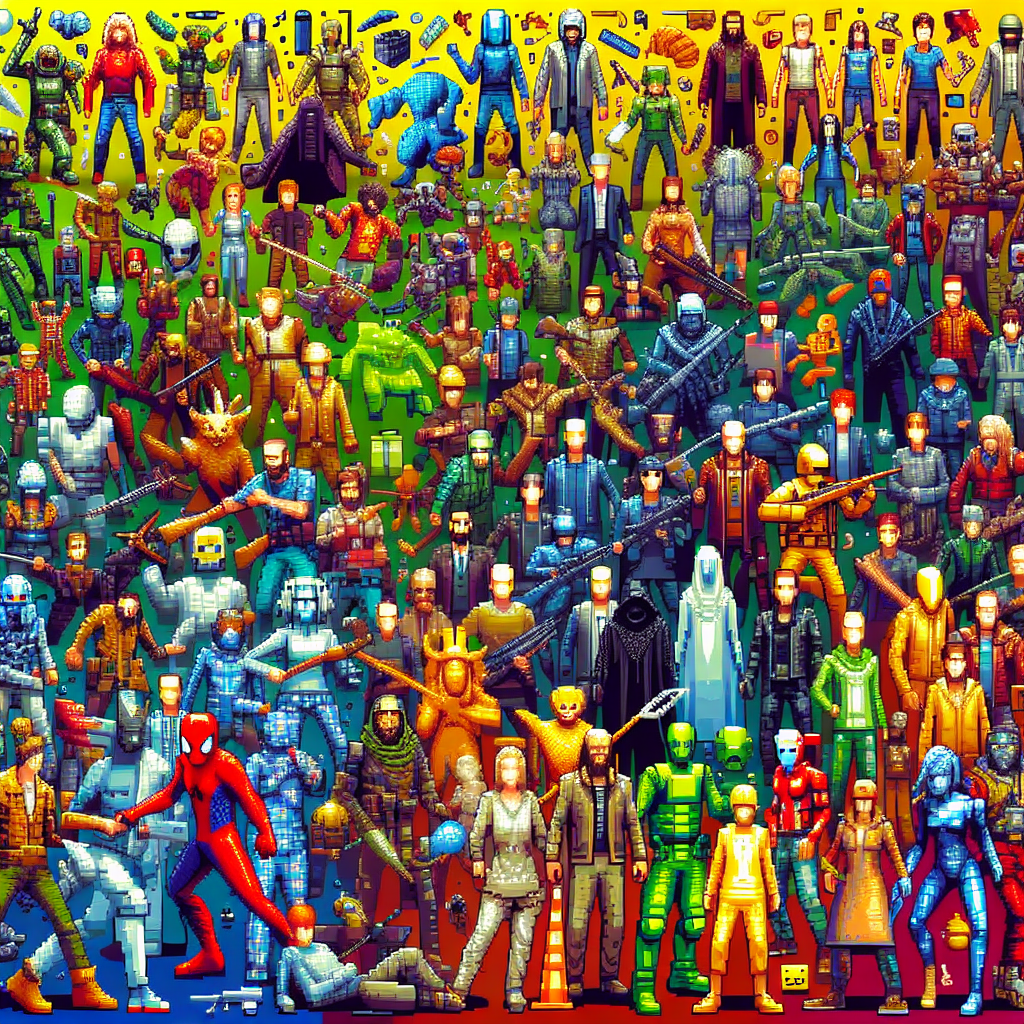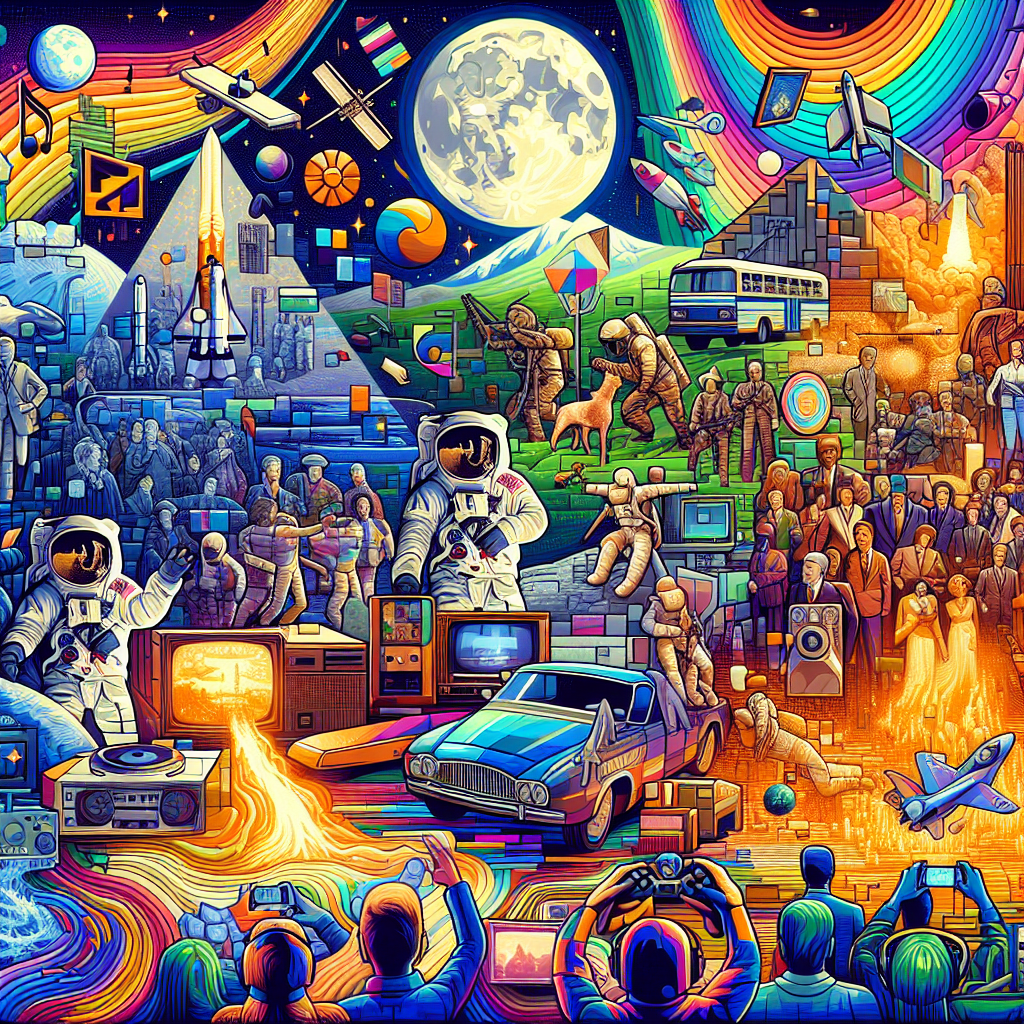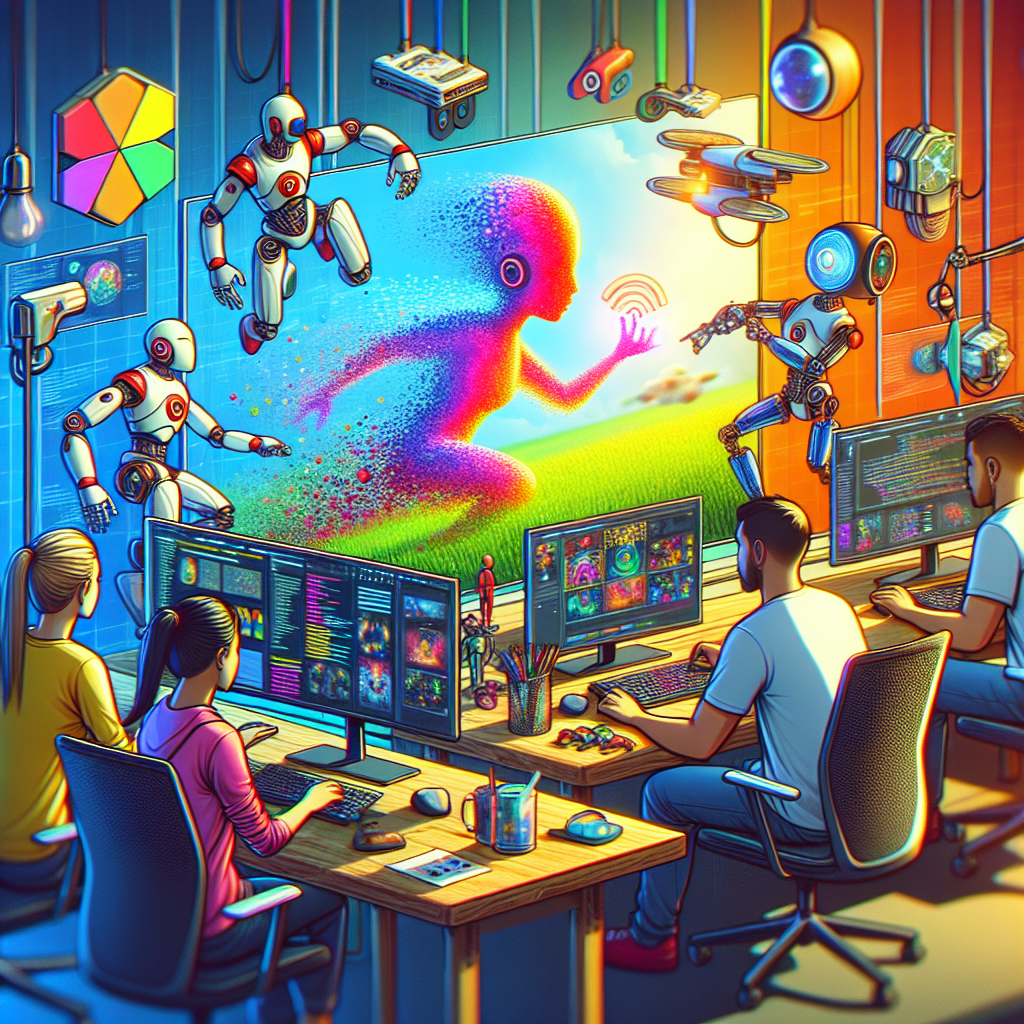In the realm of entertainment, few mediums have the power to reflect cultural changes as effectively as video games. As players engage with interactive narratives, they experience stories that mirror societal shifts and evolving norms. This article delves into how games reflect cultural changes, serving as a lens through which we can understand the world around us.
Historical Context of Gaming
The history of video games is intertwined with cultural evolution. From the pixelated graphics of the 1970s and 1980s to the hyper-realistic worlds of today, games have evolved alongside societal trends. Early games often mirrored the dominant cultural narratives of their time, focusing on simple themes of heroism and competition. However, as society progressed, so did the complexity of game narratives, reflecting a broader range of human experiences.
For instance, the rise of indie games in the 2010s brought forth unique stories that highlighted issues such as mental health, identity, and social justice. Titles like “Celeste” and “Night in the Woods” not only entertained but also sparked conversations about important cultural topics. The evolution of gaming reflects a shift towards inclusivity and representation, showcasing diverse perspectives and experiences.
Games as a Reflection of Societal Norms
Games reflect cultural changes by addressing contemporary issues and societal norms. Many modern titles incorporate themes related to gender, race, and politics, prompting players to confront their own beliefs and values. For example, games like “The Last of Us Part II” challenge traditional gender roles and explore themes of vengeance and forgiveness, pushing players to engage with complex moral dilemmas.
Moreover, the global reach of gaming has allowed for the exchange of cultural narratives. Players from different backgrounds can share their stories, influencing game design and storytelling. This cross-cultural exchange enriches the gaming landscape, allowing for a more nuanced exploration of identity and community.
The Future of Gaming and Cultural Reflection
As technology continues to advance, the potential for games to reflect cultural changes will only grow. Virtual reality (VR) and augmented reality (AR) are set to redefine how we experience narratives, providing immersive experiences that can foster empathy and understanding. Games like “Half-Life: Alyx” and “Beat Saber” are already pushing the boundaries of interactivity, allowing players to engage with stories in unprecedented ways.
Furthermore, as the gaming industry becomes more inclusive, we can expect to see even more diverse narratives. The demand for representation in games is leading to increased opportunities for underrepresented voices in game development. This shift will likely result in a broader understanding of cultural dynamics, ultimately allowing games to serve as powerful tools for social change.
In conclusion, games reflect cultural changes by mirroring societal norms, addressing contemporary issues, and fostering inclusivity. As players, we engage with these narratives, gaining insights into our own cultures and those of others. As the industry evolves, the potential for games to influence and reflect cultural dynamics will continue to expand, making them an essential part of the conversation around societal change. For more insights on cultural changes and their representation in media, check out articles from [The Atlantic](https://www.theatlantic.com) and [Wired](https://www.wired.com).
Some content and/or images on this page were created using AI.





